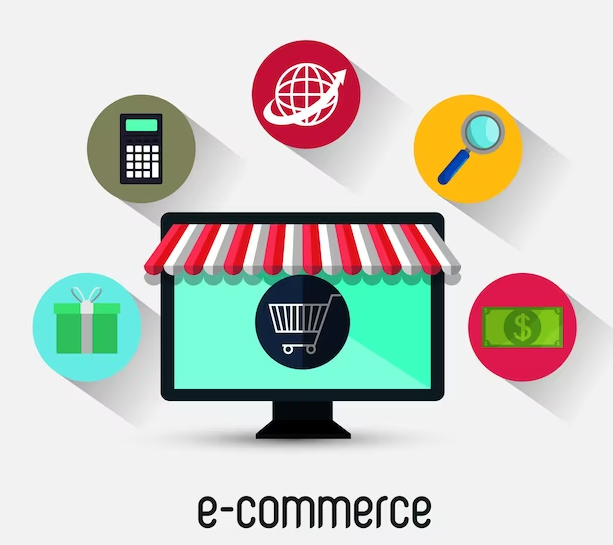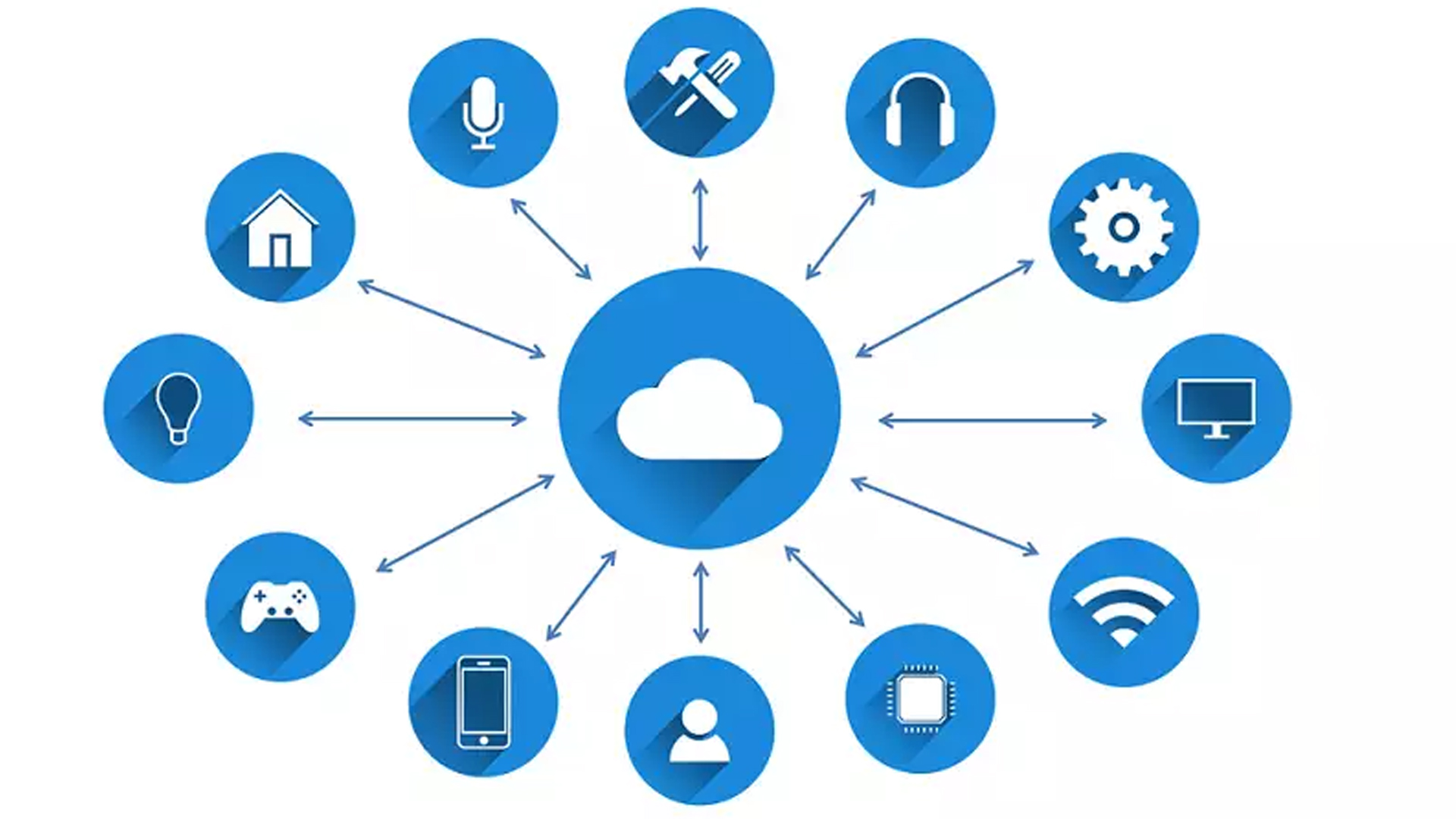Ecommerce in 2023- 8 Top Trending topic you need to know

Introduction
E-commerce is a fast-growing industry that has revolutionized the way people buy and sell goods and services. With the rise of the internet, e-commerce has gained popularity, and it has become a crucial aspect of the global economy. In recent years, e-commerce has experienced rapid growth, and it is expected to continue its upward trajectory in the coming years. In this article, we will discuss the top trends in e-commerce.
-
Mobile commerce: The use of smartphones and other mobile devices has grown significantly in recent years, and this has led to the rise of mobile commerce. Mobile commerce, also known as m-commerce, refers to the buying and selling of goods and services using mobile devices such as smartphones and tablets. According to recent statistics, over 50% of e-commerce transactions are now carried out using mobile devices. As such, e-commerce businesses must optimize their websites for mobile devices to remain competitive.
-
Artificial intelligence (AI) :Artificial intelligence is increasingly being used in e-commerce to personalize customer experiences, streamline operations, and improve overall efficiency. For instance, AI-powered chatbots can provide instant customer service and support, while AI algorithms can analyze customer data to offer personalized product recommendations. Additionally, AI can be used to optimize pricing, inventory management, and logistics.
-
Voice commerce: The use of voice assistants such as Amazon's Alexa and Google Home is becoming more prevalent, and this has led to the rise of voice commerce. Voice commerce refers to the buying and selling of goods and services using voice commands. For instance, customers can use their voice assistants to order groceries or other household items. E-commerce businesses must optimize their websites for voice search to remain competitive in this space.
-
Social commerce: Social media platforms such as Instagram and Facebook are increasingly being used as e-commerce platforms. Social commerce refers to the buying and selling of goods and services on social media platforms. For instance, businesses can set up Instagram shops where customers can buy products directly from their feeds. Social commerce offers businesses an opportunity to reach a wider audience and drive sales.
-
Same-day delivery: Customers now expect faster and more efficient delivery options, and same-day delivery is becoming the norm. E-commerce businesses are now partnering with delivery companies to offer same-day or next-day delivery options. This trend is particularly prevalent in the retail sector, where customers want to receive their purchases as quickly as possible.
-
Subscription-based models: Subscription-based models have become increasingly popular in recent years, particularly in the beauty and food industries. Customers can subscribe to receive regular deliveries of their favorite products, and businesses can generate predictable revenue streams. Subscription-based models offer businesses an opportunity to build customer loyalty and increase customer lifetime value.
-
Personalization: Customers now expect personalized experiences when they shop online, and e-commerce businesses must deliver them. Personalization can include personalized product recommendations, personalized marketing campaigns, and personalized customer service. E-commerce businesses can use customer data and AI algorithms to provide personalized experiences to their customers.
-
Augmented reality (AR): Augmented reality is increasingly being used in e-commerce to provide customers with a more immersive shopping experience. For instance, customers can use their smartphones to see how a piece of furniture would look in their home before making a purchase. AR can also be used to provide virtual try-on experiences for clothing and accessories. Augmented reality can improve customer engagement and increase sales.
Conclusion
E-commerce is an ever-evolving industry, and businesses must stay up-to-date with the latest trends to remain competitive. Mobile commerce, artificial intelligence, voice commerce, social commerce, same-day delivery, subscription-based models, personalization, and augmented reality are some of the top trends in e-commerce. By embracing these trends, e-commerce businesses can provide their customers with better experiences and drive sales.
179 0 7
Write a Comments
* Be the first to Make Comment















